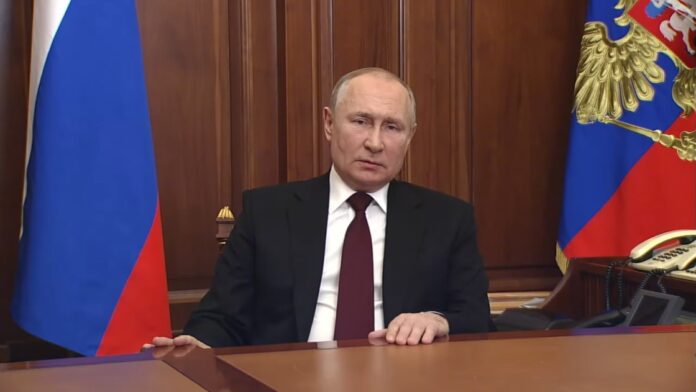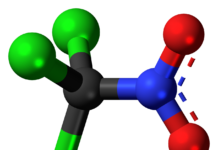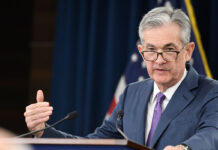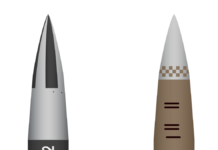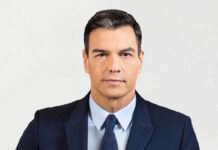In Moscow’s state-of-the-nation address yesterday, President Vladimir Putin conveyed a message filled with confidence in Russia’s ability to emerge successfully from the conflict in Ukraine, while also enjoying economic prosperity. His speech, set against the backdrop of the ongoing war and forthcoming elections in March, highlighted a blend of firmness and optimism.
During the address, Putin cautioned against Western intervention in Ukraine, particularly the introduction of NATO troops, suggesting that such actions could lead to a catastrophic outcome, potentially escalating to a nuclear confrontation. This warning follows discussions among Western leaders about the extent of their involvement in the conflict, with some, like France’s President Emmanuel Macron, not ruling out additional military support for Ukraine.
Putin also addressed accusations from the U.S. concerning Russia’s nuclear strategy, dismissing them as American election-year tactics. He outlined Russia’s strategic position, emphasizing that the country’s defense and technological advancements would not lead to an unsustainable arms race as in the past.
Furthermore, Putin took the opportunity to outline domestic policy priorities, including enhancing the Russian economy’s resilience against sanctions and setting ambitious national development goals. Initiatives to improve demographic trends, raise wages, and bolster industrial and agricultural production were also mentioned as key objectives.
In a move reflective of his commitment to supporting those who served in Ukraine, Putin announced a new initiative resembling the U.S. GI Bill, intended to integrate veterans into future leadership roles within Russia’s civil and business sectors. This gesture aims to honor the service of military personnel and provide them with pathways to significant roles in society.
The address also subtly acknowledged the challenges faced by the Russian government in funding both the war effort and domestic welfare programs, although details on how these would be financed were not discussed.
Putin’s speech also touched upon the solidarity he perceives among Russians regarding the war, despite emerging signs of internal division and fatigue. The recent death of opposition leader Alexei Navalny in prison has only intensified the global spotlight on Russia’s internal politics and the suppression of dissenting voices.
The speech made clear Putin’s stance that Russia’s military objectives in Ukraine would be achieved and that the West’s attempts to undermine these goals would not succeed. He reiterated the narrative of Western aggression and the need for Russia to defend its sovereignty.
With the presidential election approaching and Putin poised for re-election, the political environment in Russia appears to be tightly controlled, ensuring little room for serious electoral competition. In this context, Putin’s address was as much about reinforcing his position at home as it was about sending a message to the international community.
As the situation continues to unfold, international observers are keenly monitoring the developments and potential shifts in the geopolitical dynamics surrounding the conflict in Ukraine. Putin’s address serves as a focal point for understanding Russia’s current stance and its potential future directions.
Image is licensed under the Creative Commons Attribution 4.0 International license and was created by Kremlin.ru.
